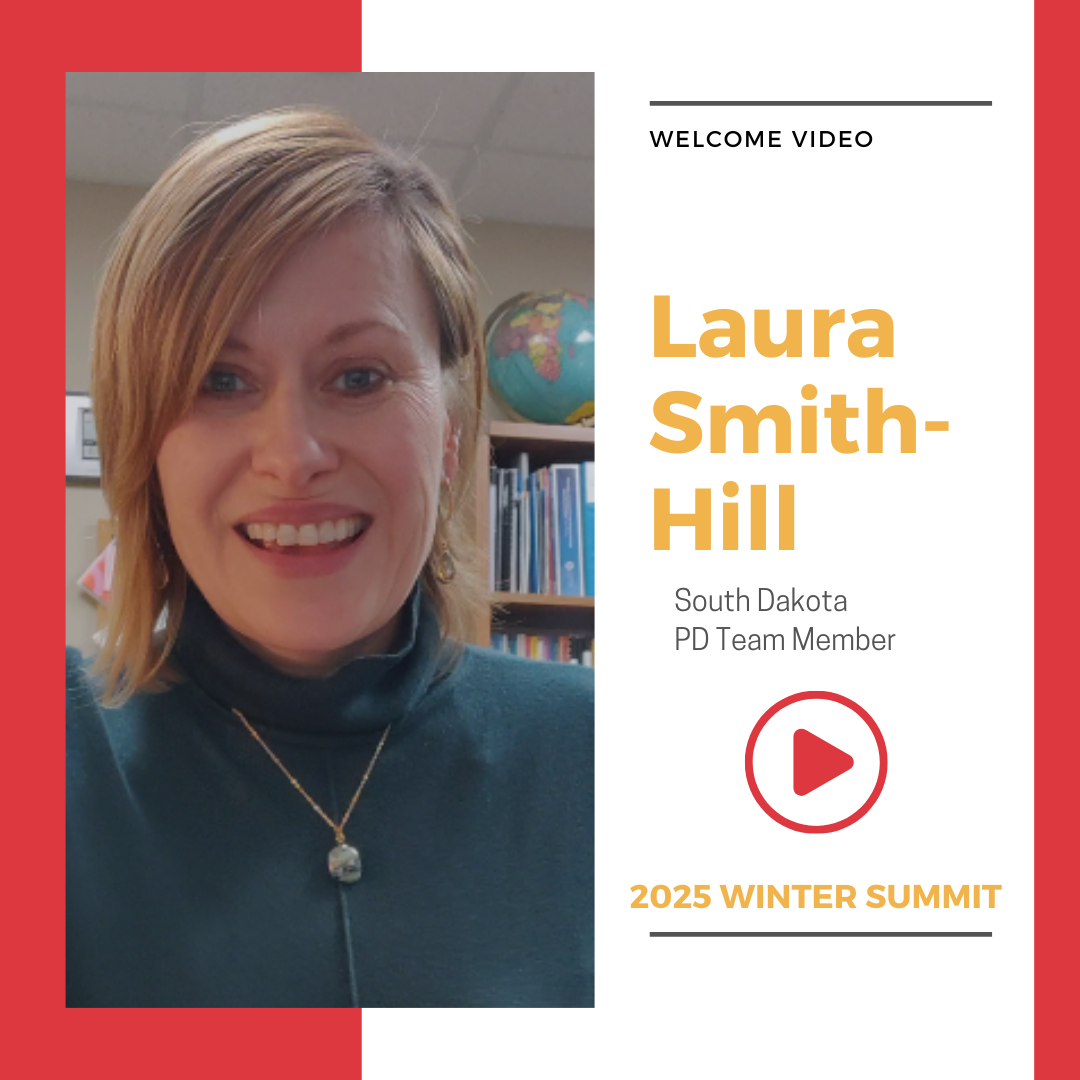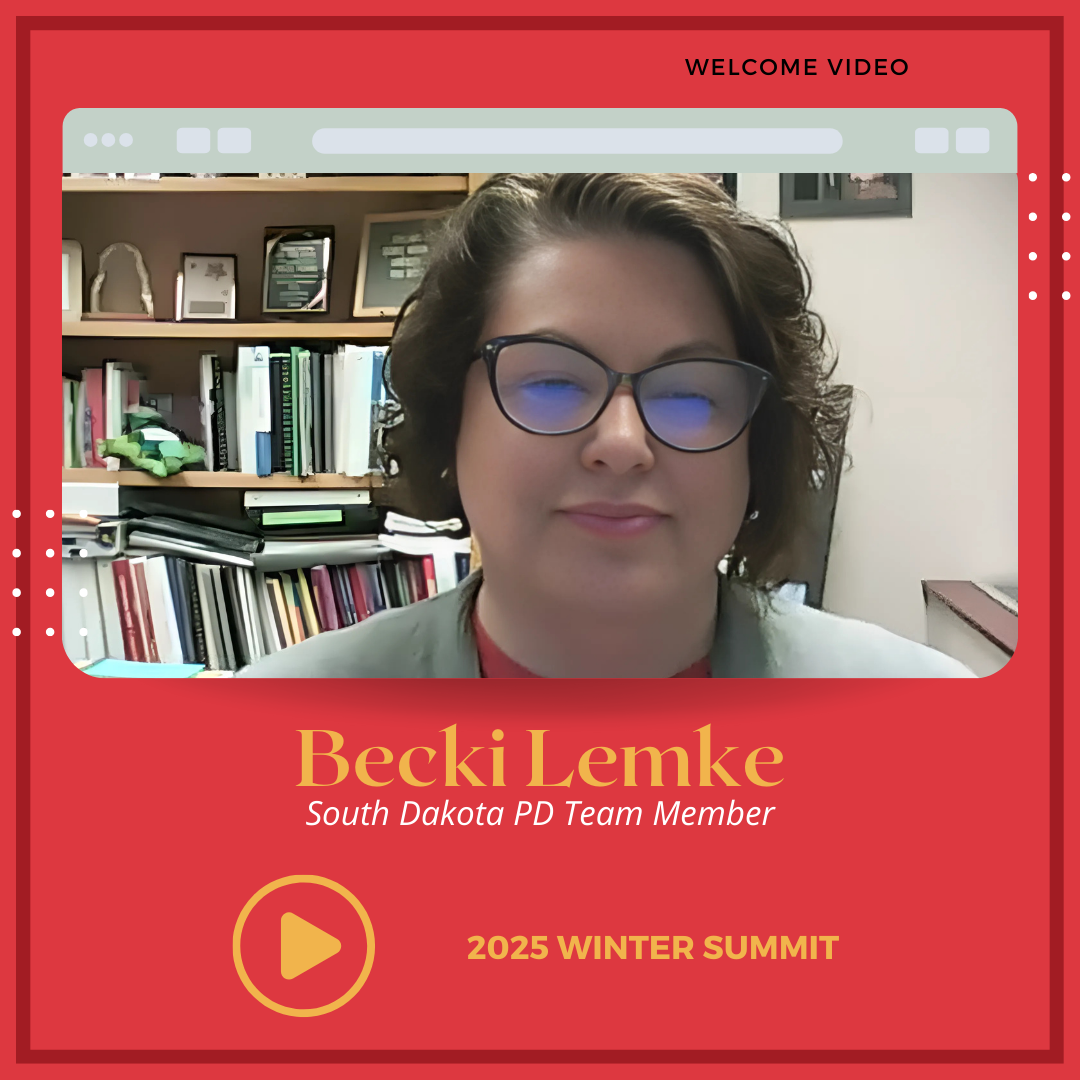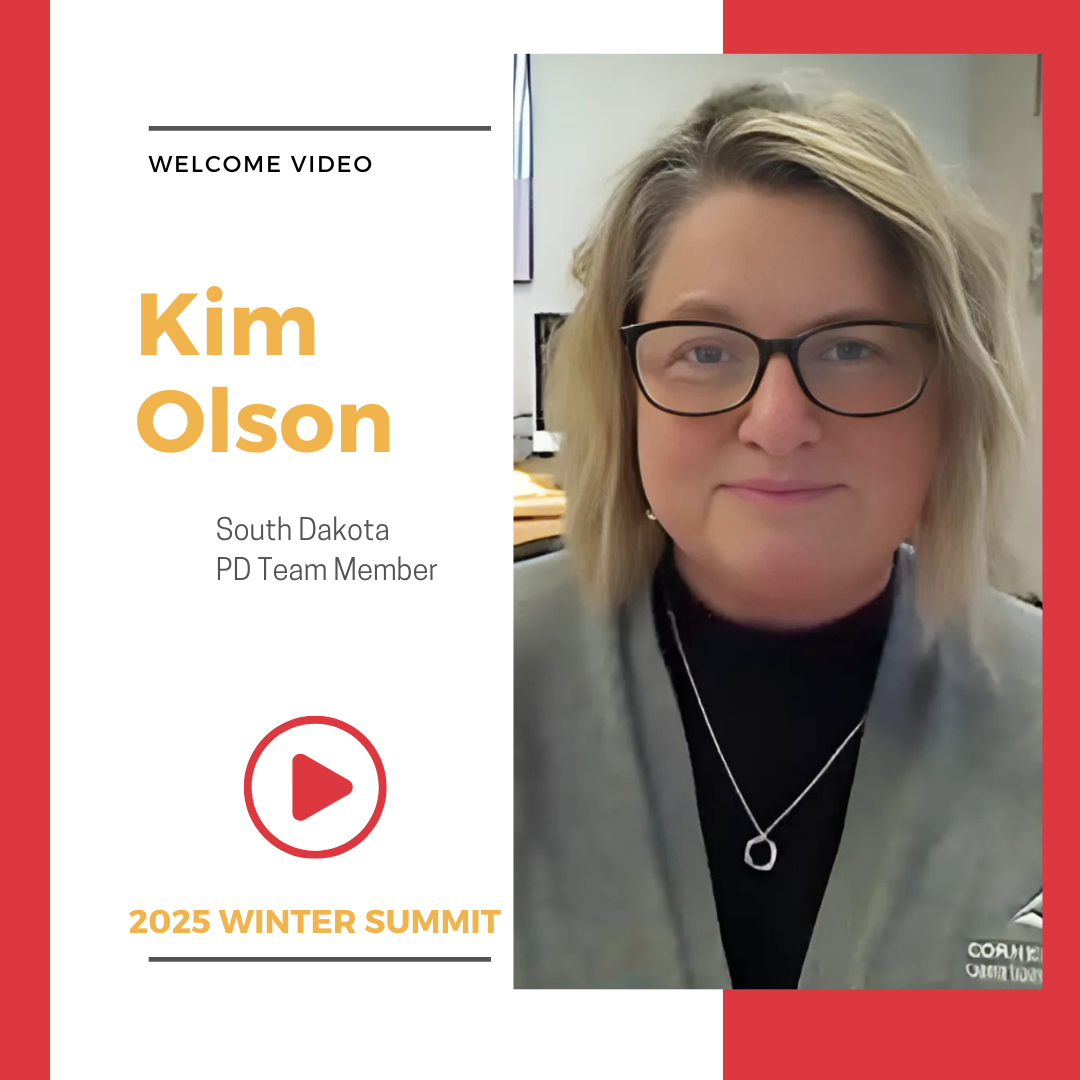



Central Time
Click On the Session Title to Enter the Conference Session
9:00-10:30 AM – Supporting Executive Function In and Out of the Classroom with Nakita Maddox
- In this session, participants will explore two practical tools from Landmark College’s course, Academic Strategies and Executive Function Supports for Students with LD, ADHD, and Autism, which Nakita completed in Spring 2024. The first tool, “Supporting Executive Functions in the Classroom,” covers six core areas of executive function, along with targeted supports, strategies, and classroom recommendations. The second tool, “Universal Design Techniques for the Classroom with Students with Learning Disabilities,” introduces eight techniques that align with these six executive function areas. The session will conclude with real-world applications of these tools, featuring highlights from Nakita’s course project.
11:00 AM-12:30 PM – Close Reading – The Key to Success Across Content Areas with Steven Schmidt
- Each GED® content area presents a different reading challenge such as social studies primary sources, argument writing texts, and science experiment descriptions. In this session, you will learn how to help students apply their close reading skills to tackle the unique difficulties in each area.
Central Time
Click On the Session Title to Enter the Conference Session
1:30-3:00 PM – Student-Centered Instruction for Today’s English Learner with Diana Calvetti-Streleck
- Student-centered instruction is foundational to adult education. What does the research today say about rigorous and effective student-centered ESL facilitation? This session is the kick-off to a 10-week online Community of Practice (COP) drawn from the work of Betsy Parrish. Join this session to learn more and consider registering for this first time SD ESL COP.
3:30-5:00 PM – Fostering Resilience: Trauma-Informed Strategies through the SEL Lens with Sherry MacKay
- This interactive 90-minute workshop explores trauma through the lens of the Social-Emotional Learning (SEL) framework. Participants will engage in hands-on activities to deepen self-awareness and will be introduced to practical concepts and tools designed to:
- Understand how trauma affects learning;
- Foster well-being for both teachers and students;
- Integrate mindfulness practices into the classroom;
- Collaboratively create a safe, supportive, and inclusive learning environment.
- Join us to develop actionable strategies that prioritize resilience, connection, and holistic growth in educational spaces.
Central Time
Click On the Session Title to Enter the Conference Session
9:00-10:30 AM – What’s the Deal with Differentiated Instruction? with Steven Schmidt
- Differentiated instruction, adjusting instruction to meet individual student needs, is a fact of life in adult education. How can we meet the needs of our students working at different grade level equivalents without going crazy? Find out in this workshop where we will discuss effective ways to differentiate instruction in reading, writing, and math in the face-to-face, hybrid, and fully online environments.
11:00 AM-12:30 PM – Building Numeracy with Digital Resiliency: Developing Skills in the Digital Age with Cynthia Bell
Adult educators understand the critical role numeracy skills play in today’s world. Likewise, digital resiliency–the awareness, skills, agility, and confidence to use new technologies and adapt to changing digital skill demands–is just as essential. In this session gain a deeper understanding of the key components o digital resiliency–such as problem solving–and how they can help your learners build their numeracy skills.
Central Time
Click On the Session Title to Enter the Conference Session
1:30-3:00 PM – Staying the Course: Enhancing Student Retention and Persistence with Kristine Kelly
- Learner persistence and retention are crucial for adult students to achieve their
educational, career, and personal goals. Let’s reflect together on what categories of
student persistence you are already incorporating and which you may want to
strengthen. By the end of the session, you will have ideas for ways to boost learner
retention and persistence in your classrooms and programs, increasing the chances
that your students stay engaged and on track.
3:30-5:00 PM – Learning How to Juggle: Engagement and Support in a Multilevel EL Classroom with Andrea Echelberger
Sometimes the wide variety of educational backgrounds, language abilities, and learning preferences present in a single English language class makes teachers feel like they’re jugglers rather than teachers. There are techniques that can make our lives easier, and help us keep all of the plates spinning in the air. This training will highlight promising teaching practices for supporting learners who need additional support, learners who move ahead quickly, and everyone in between. Participants will see concrete ideas for modifying activities to support a range of learner needs and abilities, and get ideas for teaching that can be implemented immediately, whether teachers are in-person or online.
Get Your Handouts Here – Not currently available
Diana Calvetti-Streleck is an ESL Teacher for LSS of SD; I began teaching ESL in 2014. My oral students are Low and High Beginning ESL. I have two different levels of students for literacy. Some of my level 1 literacy students are just beginning to decode and read English. While my level 5 students are building vocabulary, fluency and comprehension. Teaching ESL brings great joy on a daily basis. I look forward to sharing how I assist my level 1 students acquire tools which assist them as they begin their journey of becoming literate in English.
Andrea Echelberger has worked in the field of Minnesota adult education as a teacher and trainer for 20 years, specializing in equitable teaching, the role of linguistic diversity in education, and developing cultural curiosity among teachers and volunteers. She has served as an EL Fellow and EL Specialist with the US State Department in SE Asia, developing courses on professional communication skills for officials and training teachers in innovative classroom practices. She is currently serving as President on the international board of LESLLA, an organization that focuses on adult emergent readers.
Kristine Kelly is the Language & Literacy Coordinator for the MN Adult Education system and works with ATLAS (housed in the Hamline University School of Education), which provides resources and professional development to advance adult education. As an adult education instructor, she taught language, reading, and writing instruction for over 25 years and now coordinates professional development and coaching activities around standards-based instruction and effective adult literacy instruction. As an educational consultant, she frequently offers workshops and literacy coaching for other state systems in reading, writing, and standards-based instruction–as well as observation and mentoring support–and has partnered with numerous software and publishing companies to align ELA/ESL instructional material to the College and Career Readiness Standards (CCRS). She currently teaches courses in the Graduate Certificate in Adult ESL and Literacy Education program for Rutgers University.
Sherry MacKay is founder of Transformational Learning Communities, an English Language Specialist for the U.S. Dept of State, and co-facilitator for Transformative Circles. She is based in southern California and her work supports educators to go deeper in self awareness and equips them with self regulation strategies that they can use for themselves and for their students. She has served as a virtual plenary and workshop presenter on trauma-informed SEL for national English conferences in Russia (NATE) and Ukraine (TESOL-Ukraine), California and TESOL international. Currently, she leads bi-monthly trauma-informed workshops for a nonprofit supporting English teachers in Afghanistan. She also teaches a beginner level English class to Afghan newcomers. She is passionate about the power of human connection, supporting people’s emotional well being and using the transformational potential of mindfulness. Sherry also enjoys playing tennis, dancing and connecting with friends Email: eslwithtlc@gmail.com Website: www.esolwithtlc.com LinkedIn: www.linkedin.com/in/sherrymackay-esolwithtlc
Nakita Maddox is a GED instructor and program coordinator at Cornerstones Career Learning Center in Yankton. She has a bachelor’s degree in psychology and enjoys finding new ways to help students with disabilities succeed in the classroom.
Steven Schmidt is an adult education consultant and moderates the LINCS Reading and Writing Community Group. He has worked in adult basic education for more than 30 years as an ABE, HSE, and AHS instructor, program director, and professional developer. Steve is the author of Writing for the GED® Test Book 4 and holds an Ed.S. in adult and developmental education. He served as a coach for the Teaching the Skills that Matter initiative and has facilitated hundreds of workshops on a variety of topics.